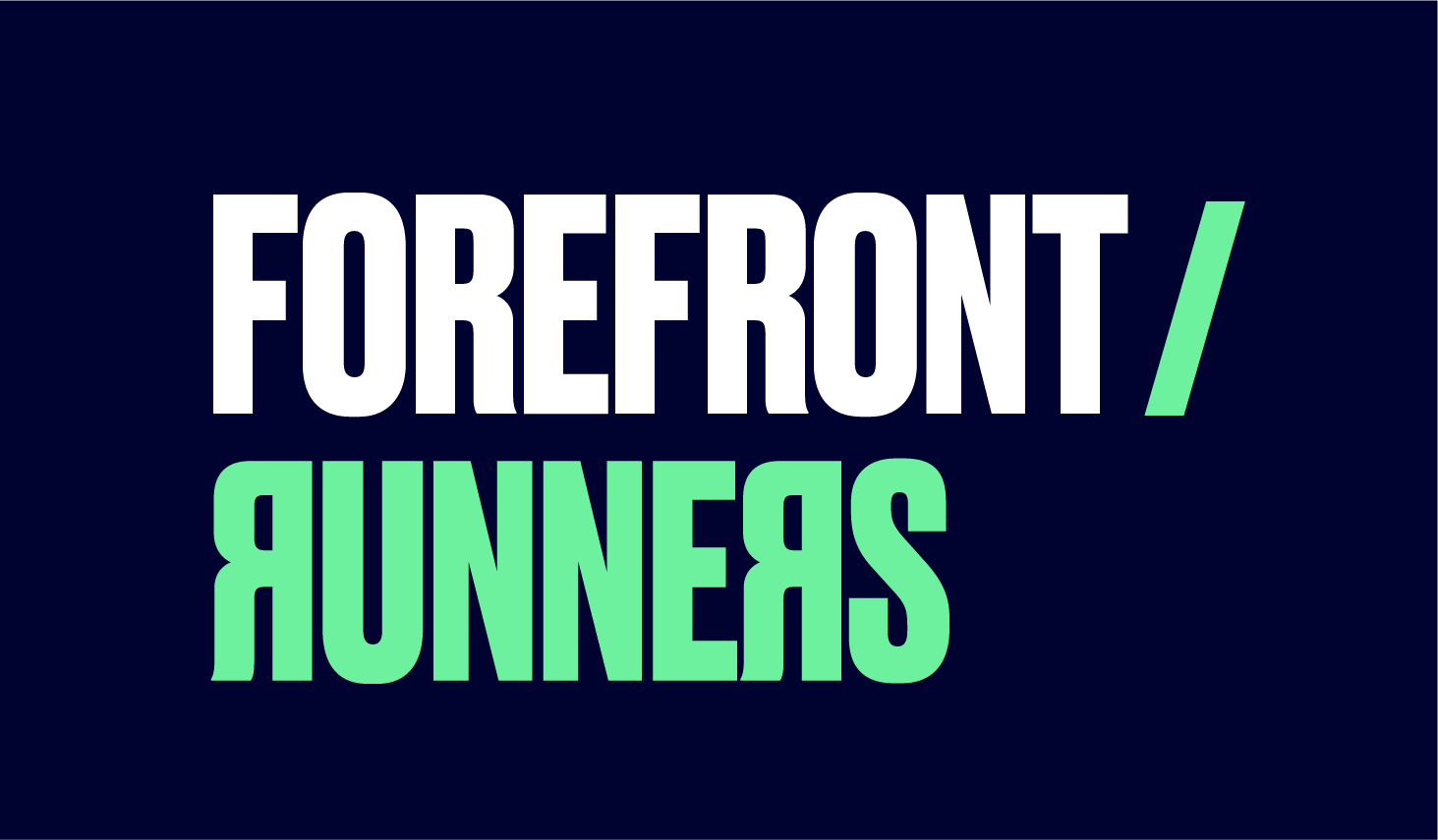Score Big with Sports Crowdfunding: The Ultimate Guide to Funding Your Athletic Dreams.

In the evolving landscape of sports business, crowdfunding has emerged as a powerful tool, revolutionizing how fans, investors, and entrepreneurs engage with the industry. Sports crowdfunding has taken various forms, each with its own unique characteristics and benefits. Let's delve into the four primary types of sports crowdfunding:
Donation: At its core, donation-based crowdfunding is driven by the altruistic spirit of fans and supporters. In the sports context, this model allows individuals to contribute financially without expecting any tangible returns. Donors are motivated by their emotional connection to the team, athlete, or cause they're supporting. This form of crowdfunding is particularly effective for grassroots initiatives, community projects, and charitable endeavors within the sports industry.
Advantages:
- Fosters community engagement and loyalty.
- Helps fund initiatives that might not otherwise receive traditional financing.
- Strengthens the bond between sports organizations and their supporters.
Rewards: Rewards-based crowdfunding adds an extra layer of motivation for backers. Supporters contribute funds with the expectation of receiving non-monetary rewards, such as exclusive merchandise, VIP experiences, or personal acknowledgments. This model taps into fans' desire to have a deeper connection with their favorite sports teams or athletes, while also receiving something in return for their financial support.
Advantages:
- Encourages higher levels of engagement by offering tangible rewards.
- Provides sports businesses with a way to test new products or concepts.
- Allows supporters to feel more involved in the success of a project.
Debt: Debt-based crowdfunding, also known as peer-to-peer lending or crowdlending, involves backers lending money to sports organizations or athletes with the expectation of receiving their principal investment plus interest over time. This model is particularly useful for established sports entities looking to secure funding for expansion, infrastructure development, or other growth opportunities.
Advantages:
- Offers a structured way for sports businesses to raise capital.
- Provides investors with the potential for financial returns through interest payments.
- Can be a flexible alternative to traditional bank loans with potentially lower interest rates.
Equity: Equity-based crowdfunding takes crowdfunding a step further by allowing individuals to become shareholders in a sports business. Investors provide funds in exchange for ownership stakes, giving them a vested interest in the success of the venture. This model is suited for high-growth startups or ambitious sports projects that require significant capital infusion.
Advantages:
- Enables sports startups to access capital from a broad pool of investors.
- Aligns the interests of backers with the long-term success of the business.
- Can generate valuable networking opportunities and expertise sharing.
Highlight: The funding situation for Jamaica's Women's World Cup preparations has been marked by uncertainty to the extent that a player's mother has stepped in to initiate fundraising efforts for the team.
In response, two distinct GoFundMe campaigns were established:
- The "Reggae Girlz Ris" initiative, led by the mother of midfielder Havana Solaun.
- The "Reggae Girlz Foundation" created by passionate fans of the team.
Both platforms share the common goal of providing financial support to the Jamaican women's team, covering essential expenses tied to their World Cup journey. These expenses encompass training camps, travel expenditures, sustenance, and the necessary support staff.
Remarkably, these crowdfunding campaigns have successfully amassed approximately $50,000 each, showcasing the considerable support and determination behind the team's aspirations.
